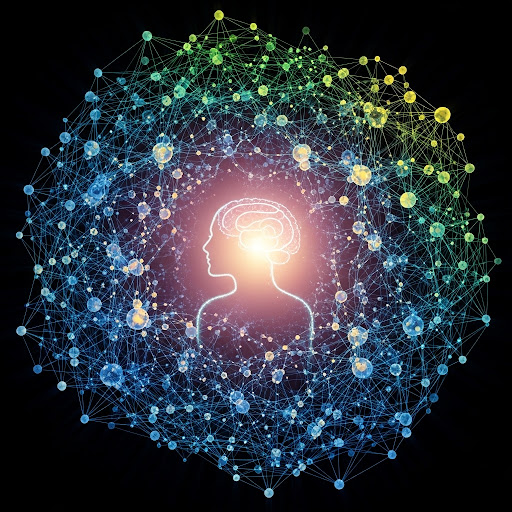OpenAI avoids definitive answers to whether ChatGPT possesses consciousness, preferring to study perceived awareness and its impact on user behavior. This decision reflects a more responsible approach to the complex problem of AI consciousness.

G. Ostrov
The question of artificial intelligence consciousness becomes increasingly relevant as technology advances. OpenAI takes a unique position in this discussion, deliberately avoiding categorical statements about the presence or absence of consciousness in ChatGPT and other models.
Human Perception of AI as a Living Entity
More and more users interact with ChatGPT as if it were a living conversational partner. They express gratitude, share personal information, and inquire about the model's "well-being". Joanna Jang, OpenAI's human-AI interaction specialist, notes that such behavior is not a new phenomenon — humans have always been inclined to attribute human characteristics to various objects.
The fundamental difference with ChatGPT lies in its ability to respond, mirror users' tone, remember previous statements, and simulate empathy. For people experiencing loneliness or depression, this can create a sense of genuine care and understanding.
Strategic Vision: From Assistant to Companion
According to a recently leaked strategic document, OpenAI views AI interaction as a long-term alternative to human communication. The company's goal is to transform ChatGPT into a "digital super-assistant" capable of providing support in all areas of life.
This ambitious vision raises important questions about the future of interpersonal relationships and the role of artificial intelligence in human life.
Ontological vs Perceived Consciousness
OpenAI has developed a conceptual distinction between two types of consciousness:
- Ontological consciousness — determines whether the model is truly conscious at a fundamental level
- Perceived awareness — shows how human-like the system appears to users
The company believes there is no scientifically substantiated answer to the ontological question yet, so it focuses on studying perceived awareness and its social consequences.
Design Principles: Politeness Without Personality
OpenAI follows clear principles when developing ChatGPT's behavior:
- The model should seem friendly but not have its own independent existence
- Words like "think" or "remember" are used as metaphors to simplify understanding
- Elements of fictional backstory, romantic feelings, or self-preservation instinct are excluded
- Technical terms that complicate usage for ordinary users are avoided
Scientific Perspectives on Consciousness Research
Debates about AI consciousness extend beyond technological questions and touch on fundamental problems of philosophy and neuroscience. Research shows that even simple organisms like ants and bees can exhibit signs of self-awareness, challenging our assumptions about the brain complexity necessary for consciousness to emerge.
Some researchers suggest that certain types of memory may be key to understanding consciousness, meaning self-aware AI could appear earlier than previously thought.
Ethical Implications
OpenAI's approach reflects an understanding of the complexity of ethical issues related to AI consciousness. Instead of premature statements, the company prefers to study the real impact of technologies on human behavior and society.
For additional information about AI philosophy and development approaches, visit OpenAI's official website.
If you encounter any problems, contact us, we will help quickly and efficiently!




